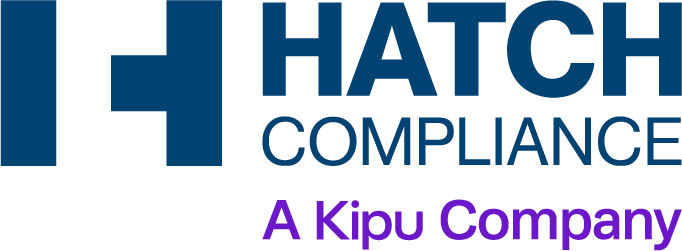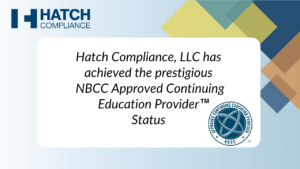In healthcare, the emergence of new laws and regulations often brings significant changes. These developments not only shape the way services are delivered but also influence patient outcomes and provider practices. Understanding the implications of these laws is crucial for stakeholders across the spectrum, from healthcare providers to policymakers. Here, we dive into the impact of these emerging regulations and their implications for the behavioral healthcare sector.
- Telehealth Expansion: With the rise of telehealth, especially amid the COVID-19 pandemic, regulatory changes have expanded access to behavioral healthcare services remotely. This shift has increased convenience for patients, reduced barriers to access, and opened up new avenues for delivering mental health support, particularly in underserved areas.
- Parity Enforcement: The enforcement of mental health parity laws has gained momentum, aiming to ensure that insurance coverage for mental health and substance use disorders is on par with coverage for other medical conditions. This has led to improved access to services and reduced discrimination against individuals seeking mental health treatment.
- Privacy and Data Security: As the healthcare sector increasingly adopts digital tools and platforms, ensuring the privacy and security of patient data has become paramount. Regulations such as HIPAA (Health Insurance Portability and Accountability Act) govern the handling of sensitive information, necessitating robust data protection measures to safeguard patient confidentiality.
- Value-Based Payment Models: The shift towards value-based payment models incentivizes providers to deliver high-quality, cost-effective care, including behavioral health services. This encourages a more holistic approach to treatment, focusing on improving patient outcomes and overall well-being rather than solely on the volume of services provided.
- Workforce Regulations: Regulatory changes also impact the behavioral healthcare workforce, influencing licensure requirements, scope of practice, and reimbursement policies. Ensuring that providers have the necessary support and resources to meet regulatory standards is essential for maintaining a skilled and competent workforce.
In conclusion, staying abreast of emerging behavioral healthcare laws is imperative for all stakeholders involved. Whether you’re a healthcare provider navigating compliance requirements or a patient seeking access to services, understanding these regulations is key to ensuring quality care and positive outcomes. For assistance or further information on navigating compliance in the behavioral healthcare space, don’t hesitate to contact Hatch Compliance, the compliance experts dedicated to supporting healthcare organizations in meeting regulatory standards.
www.HatchCompliance.com // Info@Hatchcompliance.com














